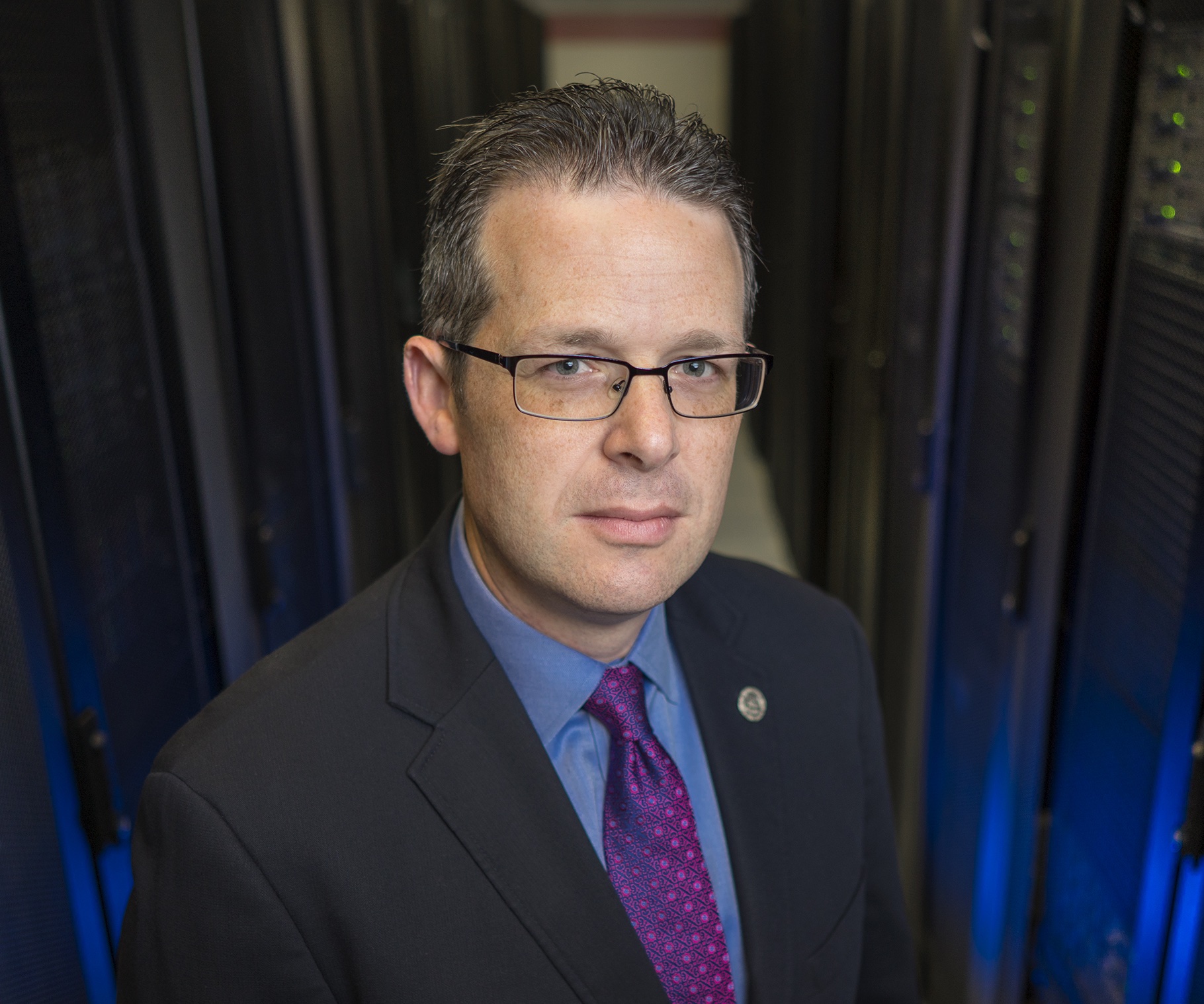
- This event has passed.
SDSS Distinguished Speaker: Philip Payne
April 15 @ 4:00 pm - 5:00 pm

The UNC School of Data Science and Society is thrilled to host Dr. Philip Payne, the Janet and Bernard Becker Professor and founding Director of the Institute for Informatics, Data Science and Biostatistics (I2DB) at Washington University in St. Louis. Dr. Payne will be giving a talk titled “Artificial Intelligence and the Learning Health System: Digitally Transforming Healthcare and Decision-Making.”
Summary: A Learning Health System (LHS) can be defined as an environment in which knowledge-generation processes are embedded into the daily activities of a health system to continually improve the quality, safety, outcomes, and value of care delivery. While still primarily an aspirational goal, the promise of the LHS is a future in which every patient encounter is an opportunity to learn and improve that patient’s care and the care their family and broader community receive. The foundations for building the LHS include both access to multi-scale data that is derived from the Electronic Health Record (EHR) and complementary sources, as well as the use of contemporary Artificial Intelligence (AI) methods to derive insights from those data as well as complementary sources that span multiple scales of measurement. When combined, these platforms and capabilities serve as the foundations for the digital transformation of healthcare and the decision-making processes that impact patients and populations. In this presentation, we will explore critical questions that can and should be answered when pursuing AI-enabled digital transformation to generate actionable insights and deliver such emergent knowledge in the right time, place, and format.
Learning Objectives:
1) Become familiar with the key definitions, frameworks, and methods that serve as the foundation for the digital transformation of healthcare and health related decision-making the point-of-care and beyond.
2) Recognize the benefits and limitations of modern AI techniques as applied to multi-scale biomedical data and how such issues impact the actionability of resulting data-driven insights.
3) Articulate the cultural, technical, and environmental changes necessary to evolve toward the visions of a continuously learning healthcare system.
About the speaker: Dr. Payne is the Janet and Bernard Becker Professor and founding Director of the Institute for Informatics, Data Science and Biostatistics (I2DB) at Washington University in St. Louis. He is also the Associate Dean for Health Information and Data Science and Chief Data Scientist for the Washington University School of Medicine while holding additional appointments as a Professor of Medicine and Computer Science and Engineering. Dr. Payne received his PhD with distinction in Biomedical Informatics from Columbia University, where his research focused on the use of knowledge engineering and human-computer interaction design principles to improve the efficiency of multi-site clinical and translational research programs. His leadership in the informatics community has been recognized through his appointment to numerous national steering, scientific, editorial, and advisory committees, including efforts associated with the National Academy of Medicine (NAM), American Medical Informatics Association (AMIA), AcademyHealth, the Association for Computing Machinery (ACM), as well as multiple NIH institutes and centers. Dr. Payne is the author of over 275 publications focusing on the intersection of biomedical informatics and the clinical and translational research domains, including several seminal reports that have defined a new sub-domain of biomedical informatics theory and practice, focusing upon those areas. Dr. Payne’s research group currently focuses on efforts in the fields of biomedical data science, applied clinical informatics, and clinical research informatics, including: 1) cognitive computing and machine learning-based approaches to computational phenotyping; 2) the design and delivery advanced clinical decision support system that can enable shared decision-making; 3) human factors and workflow issues surrounding the use of technology at the point-of-care; and 4) open-science platforms that enable collaborative approaches to biomedical and healthcare data analytics.
View the event page on the School of Data Science & Society website.
